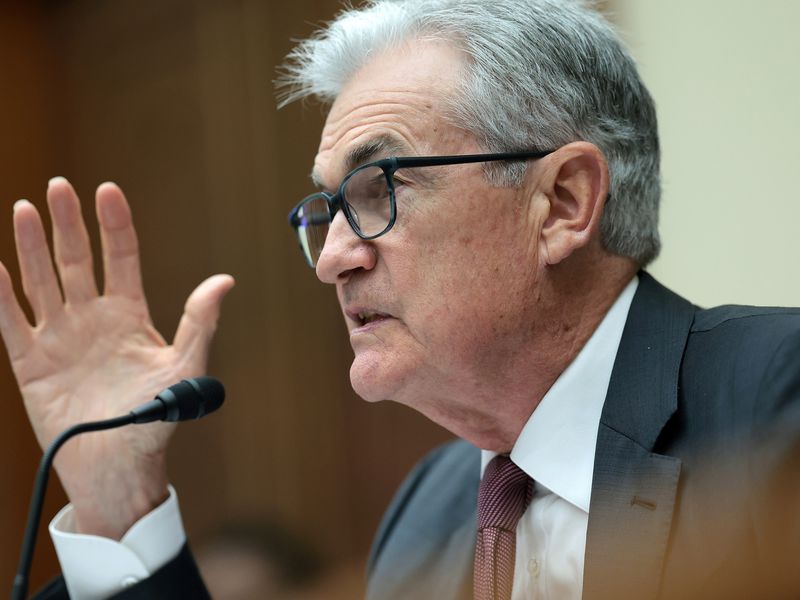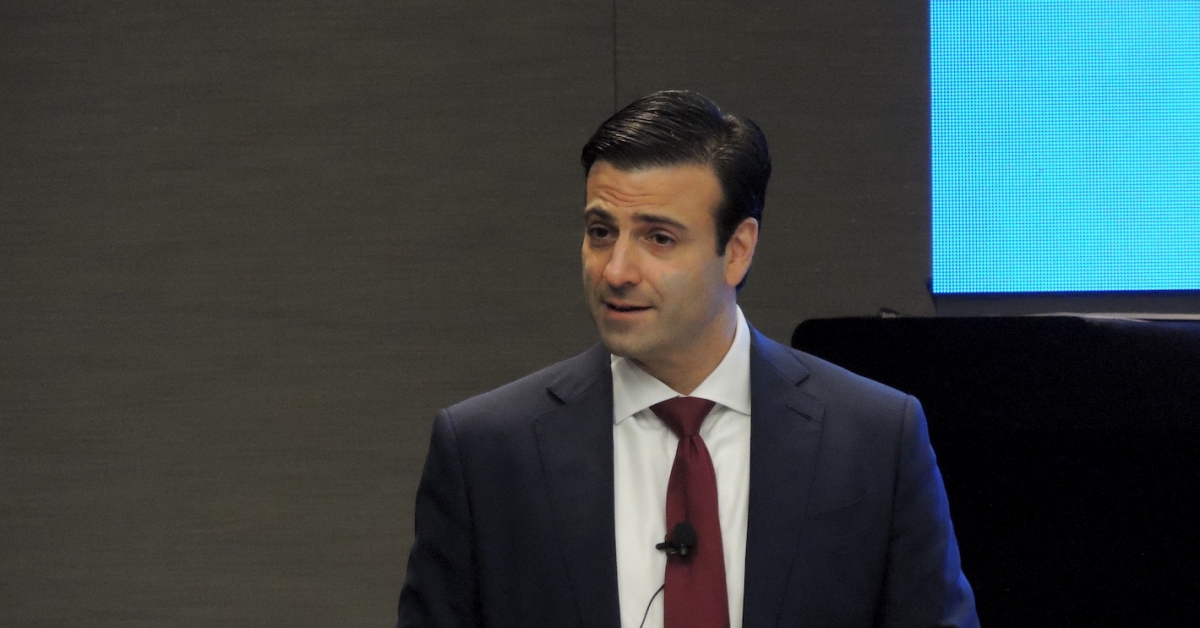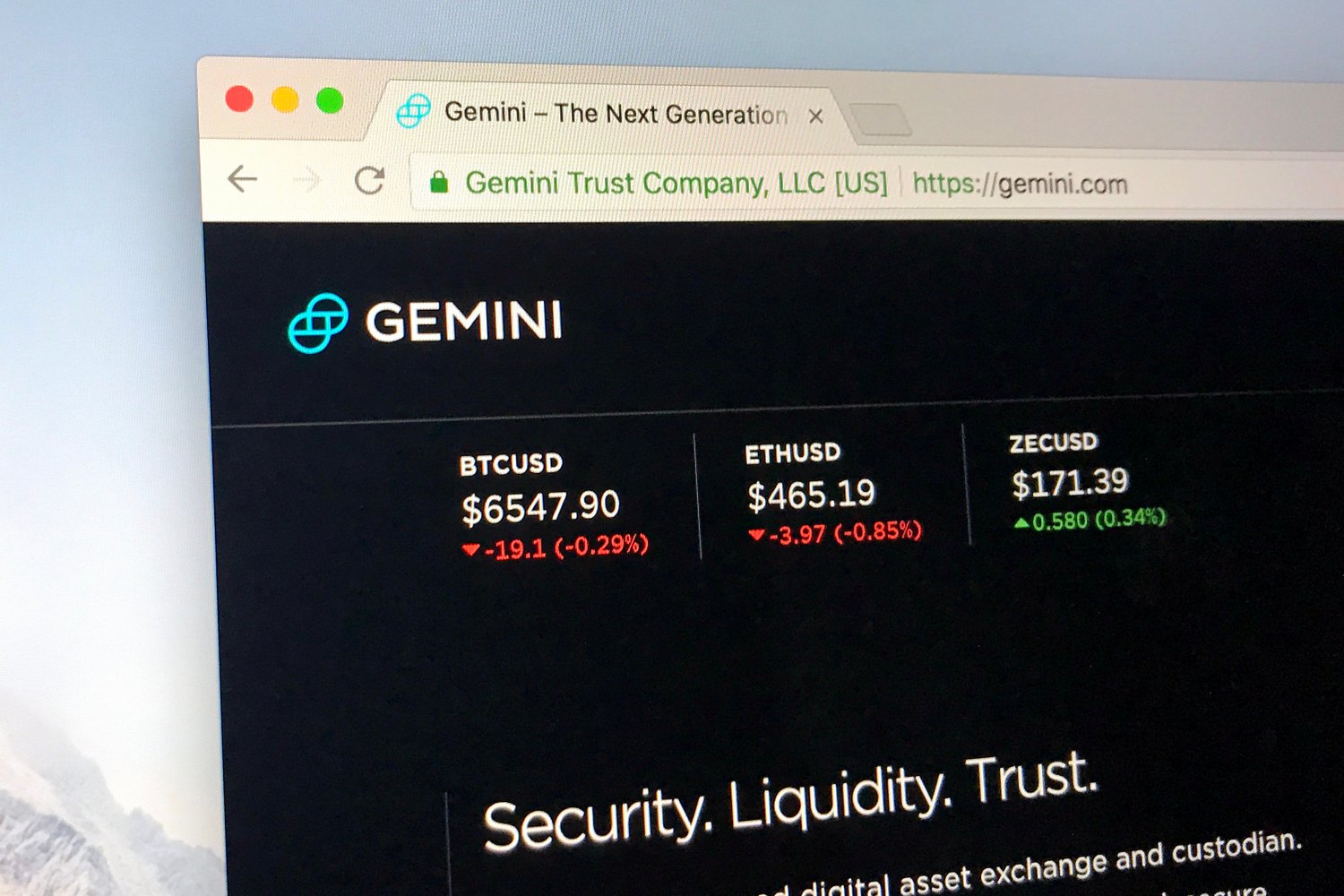First Mover Asia: Crypto Market Is on ‘Standby’ as Release of June Inflation Data Nears
Good morning. Here’s what’s happening:
Prices: What’s going to move bitcoin away from $30,000?
Insights: A freely convertible Chinese Yuan is a requirement for a CNY stablecoin. That’s not going to happen anytime soon.
Bitcoin is Looking at a 2024 Bull Market, But is $120,000 Realistic?
As Asia opens for its trading day, bitcoin continues to maintain the $30,000 mark, while ether is flat. Coinglass data shows that in the last 12 hours, slightly more long liquidations than short liquidations occurred with $7 million longs and $6.73 million shorts liquidated.
“The market is on standby, awaiting signals of price increase following a slowdown or pause in rate hikes in the second half of the year, which would be characterized by liquidity inflow,” Bybit’s Ether Chen, its lead financial engineer, told CoinDesk in a note.
Chen said that Bybit’s team expects a potential market price recovery in the fourth quarter, but a full bull market might not materialize until 2024. This recovery would be contingent upon the cessation of rate hikes, BTC halving and the resolution of regulatory storms.
Tim Frost, CEO of digital wealth platform Yield App points to slowing inflation figures but a market confidence that the Federal Reserve will still hike rates as sort of a mixed messaging, and dismisses a recent report from Standard Chartered that bitcoin will hit $120,000 by the end of next year.
“For crypto assets, this all likely means continued range trading around current levels. Bitcoin seems to be holding fairly close to $30,000 at the moment which is a near 100% increase from January when it started the year at $16,540,” he said in a note. “There are few assets that perform this well in a “bear” market, and canny seasoned traders will likely have done well on BTC this year.”
Regardless of whether or not Standard Chartered’s price prediction is correct, Frost sees a bull market on the horizon for 2024.
“The long-range consensus remains that crypto will enter its next bull market in 2024 following a period of continued consolidation this year and, behind closed doors, huge innovation is paving the way for the next wave of crypto adoption,” he concludes.
Biggest Gainers
Biggest Losers
Here’s Why we Won’t See a CNY Stablecoin
Circle’s CEO Jeremy Allaire argues that a stablecoin pegged to the Chinese Yuan (CNY) is a better option than a Central Bank Digital Currency (CBDC).
But a yuan stablecoin isn’t going to happen, just like a Chinese CBDC isn’t going to challenge the dollar.
Why? Because the free convertibility of the yuan goes against a core fundamental of Beijing’s monetary policy.
The People’s Bank of China (PBoC) maintains strict control over the exchange rate of the yuan, keeping it within a narrow band and not allowing it to float freely in international markets. This allows China to maintain control over its export prices and its domestic economy. But it also means that the yuan can’t be used offshore, like the Euro or the USD, and there are strict capital controls on how much you can bring out of the country.
The more you want your currency used internationally, the more control you need to be willing to cede.
As the IMF’s First Deputy Managing Director Gita Gopinath pointed out in a 2022 address, these aren’t the traits of a global currency. After all, the yuan is only used in around 3.2% of global payments as of January 2022.
“If a country is aspiring to be a global currency, then in that case, you would need to have, you know, basically fully and freely mobile capital, full capital account liberalization, full convertibility of exchange rate, which is not the case right now in China,” Gopinath is quoted as saying.
Currency manipulation has been a contentious issue in U.S.-China relations, and, in 2019, the U.S. Department of the Treasury labeled the country a currency manipulator.
But you know who else has been on the radar of Washington as a currency manipulator? Taiwan.
Unlike China, Taiwan does not actively intervene to keep its currency, the New Taiwan Dollar (TWD), artificially low to boost exports. Instead, Taiwan has been known to intervene to prevent rapid appreciation of its currency which could harm its export-driven economy.
This has been an issue since 1989, when the U.S. Senate subcommittee on international trade called a hearing on currency manipulation.
David Mulford, the then Under Secretary-Designate, Office of International Affairs, Department of the Treasury, noted the large-scale intervention in the foreign exchange market by Taiwan’s Central Bank, and a lack of significant exchange rate appreciation despite Taiwan running large external surpluses.
For its part, Taipei denies that it’s an active currency manipulator or has capital controls pointing to the openness of foreign investment in its equities market and the free convertibility of foreign currency on its shores.
But if there’s one thing that unites Taipei and Beijing, its that central bankers in neither capital want to relinquish control of their currencies to the market.
7:50 a.m. HKT/SGT(23:50 p.m. UTC/July 11): Japan Producer Price Index
In case you missed it, here is the most recent episode of “First Mover” on CoinDesk TV:
TRON founder and Huobi global advisor Justin Sun joined “First Mover” to discuss the state of crypto regulation, outlook on Hong Kong, and much more. Bitcoin (BTC) is holding firm above $30,000. GSR Markets co-founder and president Rich Rosenblum gave his crypto markets analysis. And, the European Commission’s metaverse strategy is slated to be released later today. Metaverse EU editor Patrick Grady shared his expectations.
Bitcoin Quiets Down in July After a Tumultuous First Half of 2023: While July has historically been one of Bitcoin’s strongest months, the largest crypto by market value’s price has remained range-bound so far this month.
BlackRock’s Bitcoin ETF Application Takes Surveillance to the Next Level: An Information-Sharing Agreement, which appears to be absent from public spot Bitcoin ETF filings, compels a crypto exchange to share trading data up to and including personal information such as a customer’s name and address.
Ether Staking Ratio Nears Key Milestone as Inflows Slow Amid Regulatory Pressures: Investors committed nearly 20% of all ETH tokens to lock up in staking contracts, according to blockchain data.
Why Threads Got 100 Million Users When Other Twitter Rivals Could Not: Network effects and ease-of-use rule the day. And, a lot of people clearly don’t care about decentralization and privacy all that much, says CoinDesk’s Emily Parker.
The Big Robert F. Kennedy Jr. Bitcoin Nothingburger: The candidate isn’t necessarily biased just because he owns BTC.
Edited by James Rubin.









